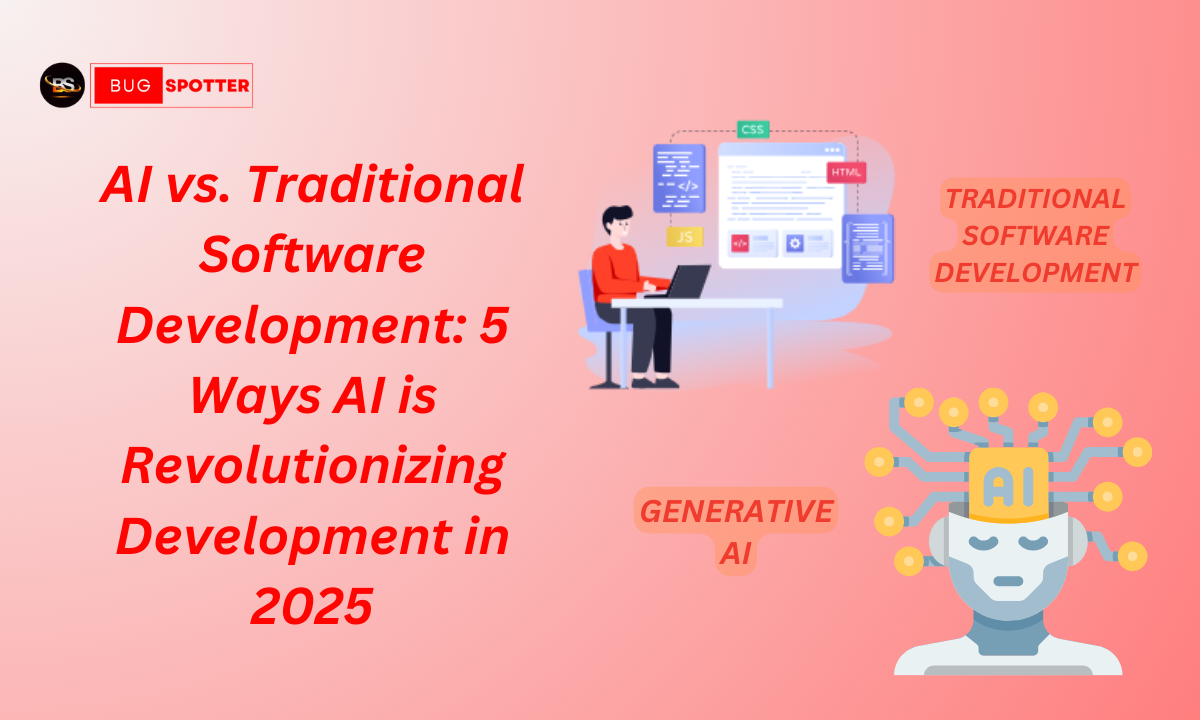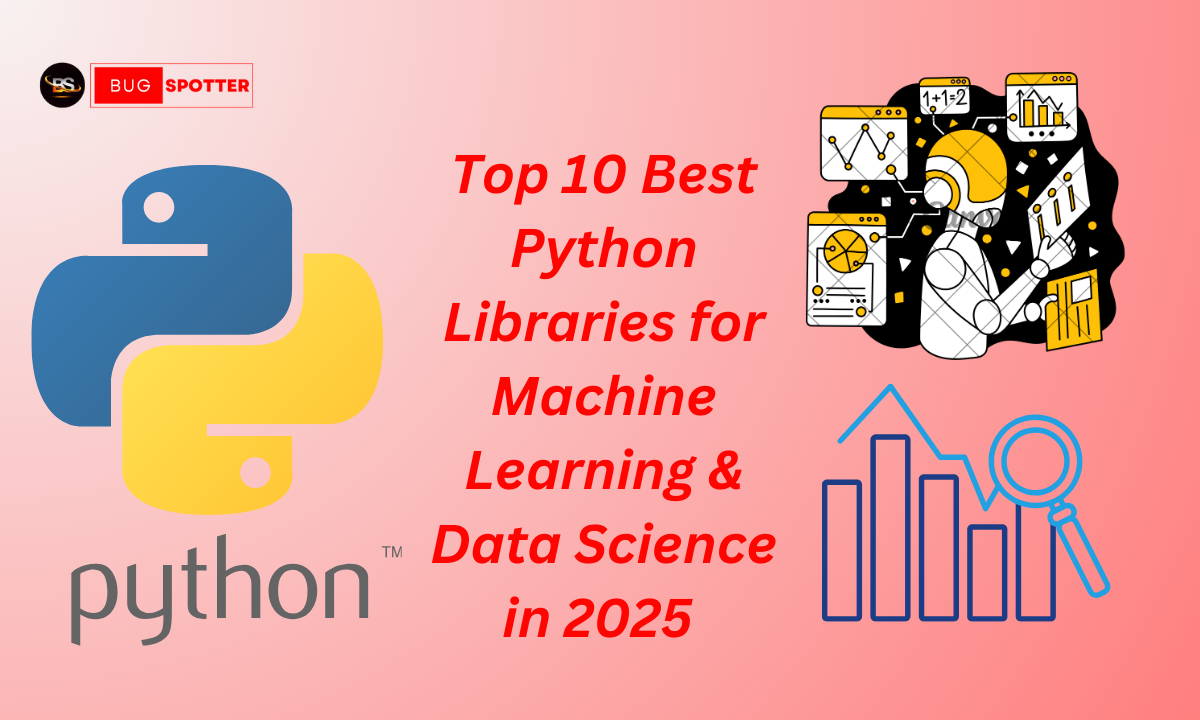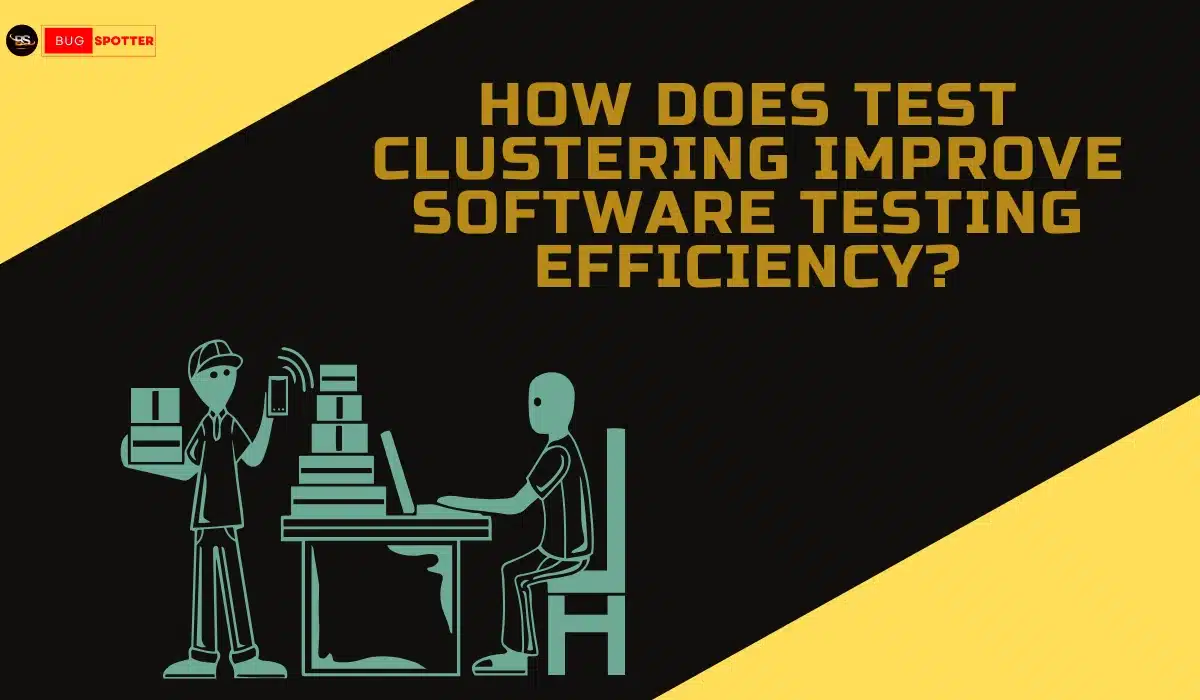Top 30 AWS Interview Questions For Wipro
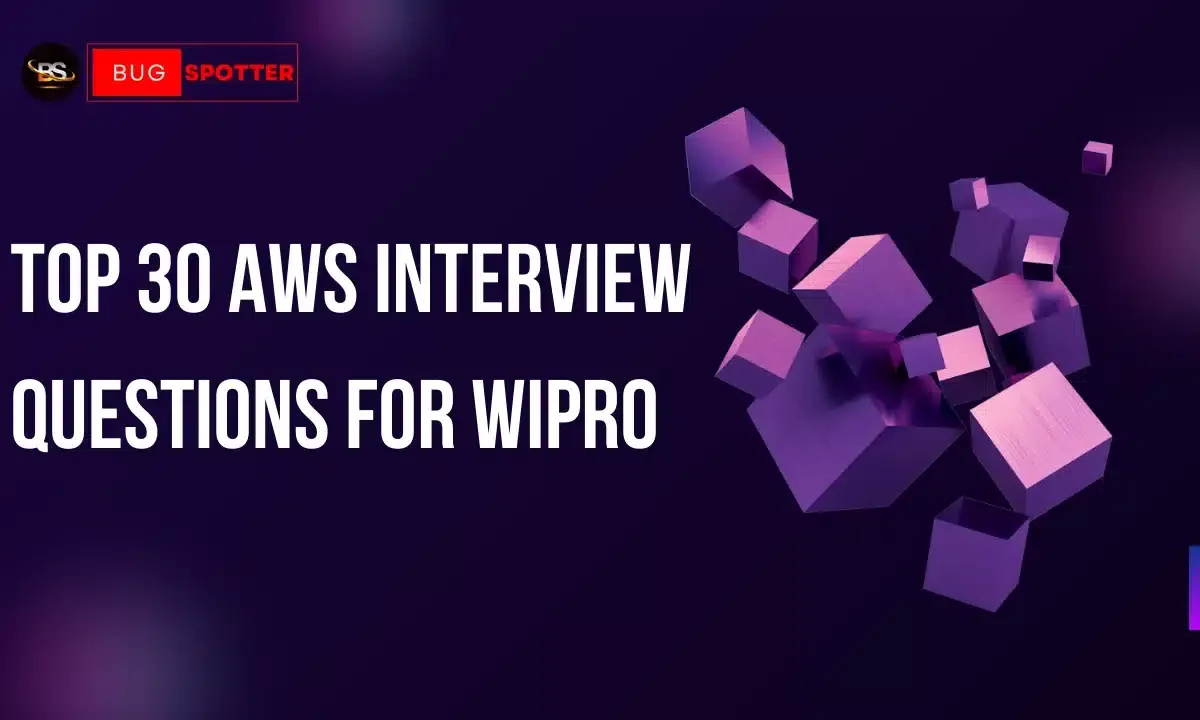
AWS interview questions for Wipro
AWS interview at Wipro requires a solid understanding of various AWS services, their applications, and best practices. Below is a curated list of 30 commonly asked AWS interview questions along with concise answers to help you prepare effectively:
1. What is AWS ?
Amazon Web Services (AWS) is a comprehensive cloud computing platform provided by Amazon, offering services like computing power, storage, and databases on-demand.
2. What are the key components of AWS ?
The key components include:
- Compute Services: EC2, Lambda
- Storage Services: S3, EBS, Glacier
- Database Services: RDS, DynamoDB
- Networking Services: VPC, Route 53
- Management Tools: CloudWatch, CloudFormation
3. What is Amazon EC2 ?
Amazon Elastic Compute Cloud (EC2) provides scalable virtual servers, known as instances, allowing users to run applications on the AWS infrastructure.
4. What is Amazon S3 ?
Amazon Simple Storage Service (S3) is an object storage service that offers scalable storage for data backup, archival, and analytics.
5. What is an AMI ?
An Amazon Machine Image (AMI) is a template that contains the software configuration (operating system, application server, and applications) required to launch an EC2 instance.
6. Explain the difference between AMI and an instance.
An AMI is a pre-configured template used to create instances, while an instance is a running virtual server created from an AMI.
7. What is Amazon VPC ?
Amazon Virtual Private Cloud (VPC) allows users to create a logically isolated network within AWS, providing control over network configuration, including IP address ranges and subnets.
8. What are Security Groups in AWS ?
Security Groups act as virtual firewalls for EC2 instances, controlling inbound and outbound traffic based on defined rules.
9. What is Amazon RDS ?
Amazon Relational Database Service (RDS) is a managed service that simplifies the setup, operation, and scaling of relational databases in the cloud.
10. What is Amazon DynamoDB ?
Amazon DynamoDB is a fully managed NoSQL database service that provides fast and predictable performance with seamless scalability.
11. What is AWS Lambda ?
AWS Lambda is a serverless compute service that lets you run code without provisioning or managing servers, executing code in response to events.
12. What is Amazon Route 53 ?
Amazon Route 53 is a scalable Domain Name System (DNS) web service designed to route end-user requests to internet applications.
13. What is Auto Scaling in AWS ?
Auto Scaling allows automatic adjustment of the number of EC2 instances in response to demand, ensuring consistent application performance.
14. What is Amazon CloudFront ?
Amazon CloudFront is a content delivery network (CDN) service that delivers data, videos, applications, and APIs to users with low latency and high transfer speeds.
15. What is Amazon Elastic Beanstalk ?
AWS Elastic Beanstalk is a platform-as-a-service (PaaS) offering that simplifies the deployment and management of applications by handling infrastructure provisioning, load balancing, and scaling.
16. What is Amazon SQS ?
Amazon Simple Queue Service (SQS) is a fully managed message queuing service that enables decoupling and scaling of microservices, distributed systems, and serverless applications.
17. What is Amazon SNS ?
Amazon Simple Notification Service (SNS) is a fully managed messaging service for both application-to-application (A2A) and application-to-person (A2P) communication.
18. What is AWS CloudFormation ?
AWS CloudFormation is a service that helps you model and set up your AWS resources using templates, enabling infrastructure as code.
19. What is Amazon EBS ?
Amazon Elastic Block Store (EBS) provides persistent block storage volumes for use with EC2 instances, offering high availability and durability.
20. What is Amazon CloudWatch ?
Amazon CloudWatch is a monitoring and observability service that provides data and actionable insights to monitor applications, respond to system-wide performance changes, and optimize resource utilization.
21. What is AWS IAM ?
AWS Identity and Access Management (IAM) enables you to manage access to AWS services and resources securely, allowing you to create and manage users and groups and set permissions.
22. What is Amazon EFS ?
Amazon Elastic File System (EFS) provides scalable file storage for use with AWS Cloud services and on-premises resources, allowing concurrent access from multiple EC2 instances.
23. What is Amazon Redshift ?
Amazon Redshift is a fully managed data warehouse service that allows you to analyze large datasets using SQL and business intelligence tools.
24. What is Amazon Kinesis ?
Amazon CloudWatch is a monitoring and observability service that provides data and actionable insights to monitor applications, respond to system-wide performance changes, and optimize resource utilization.
25. What is AWS Elastic Load Balancing (ELB) ?
AWS Elastic Load Balancing automatically distributes incoming application traffic across multiple targets, such as EC2 instances, containers, and IP addresses, to ensure high availability.
26. What is Amazon Glacier ?
Amazon Glacier is a low-cost cloud storage service for data archiving and long-term backup, designed for data that is infrequently accessed.
27. What is AWS OpsWorks ?
AWS OpsWorks is a configuration management service that provides managed instances of Chef and Puppet, enabling automation of server configurations.
28. What is AWS CodePipeline ?
AWS CodePipeline is a continuous integration and continuous delivery service for fast and reliable application and infrastructure updates.
29. What is AWS CodeDeploy ?
AWS CodeDeploy automates code deployments to any instance, including EC2 instances and instances running on-premises.
30. What is AWS Trusted Advisor?
AWS Trusted Advisor is a web-based service that provides real-time guidance to help you optimize your AWS environment according to best practices. It evaluates your account across several categories, including cost optimization, performance, security, fault tolerance, and service limits, offering recommendations to enhance your infrastructure.
Latest Posts
- All Posts
- Software Testing
- Uncategorized
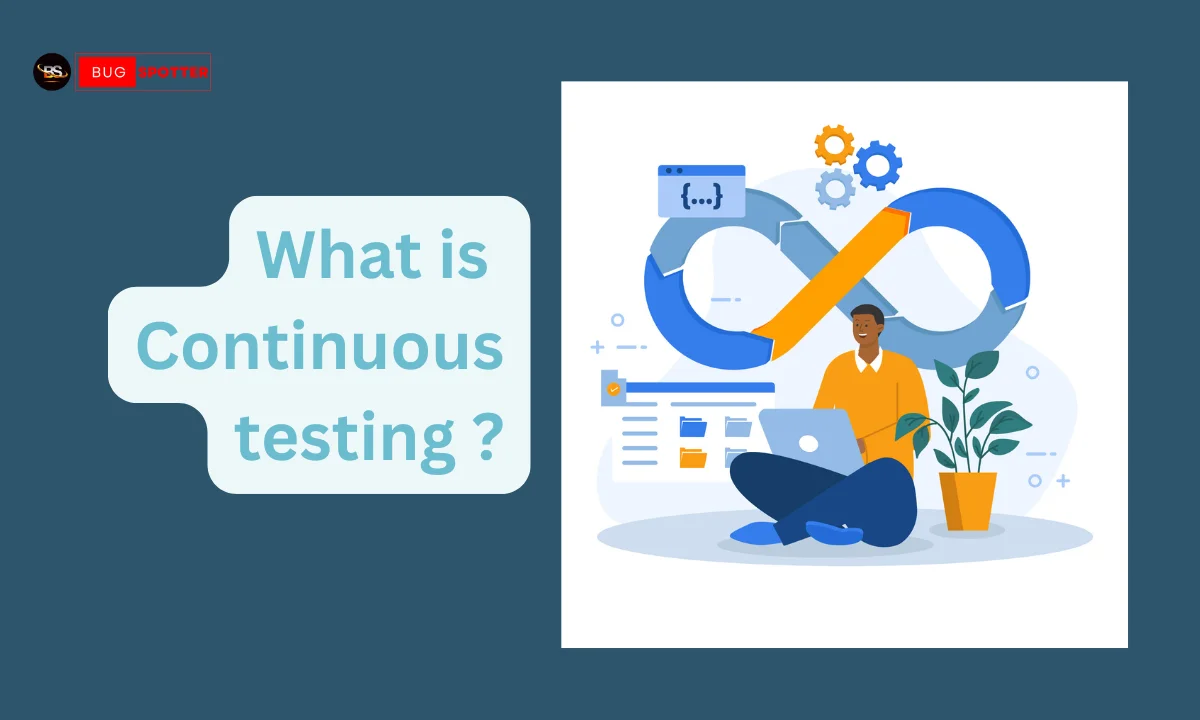
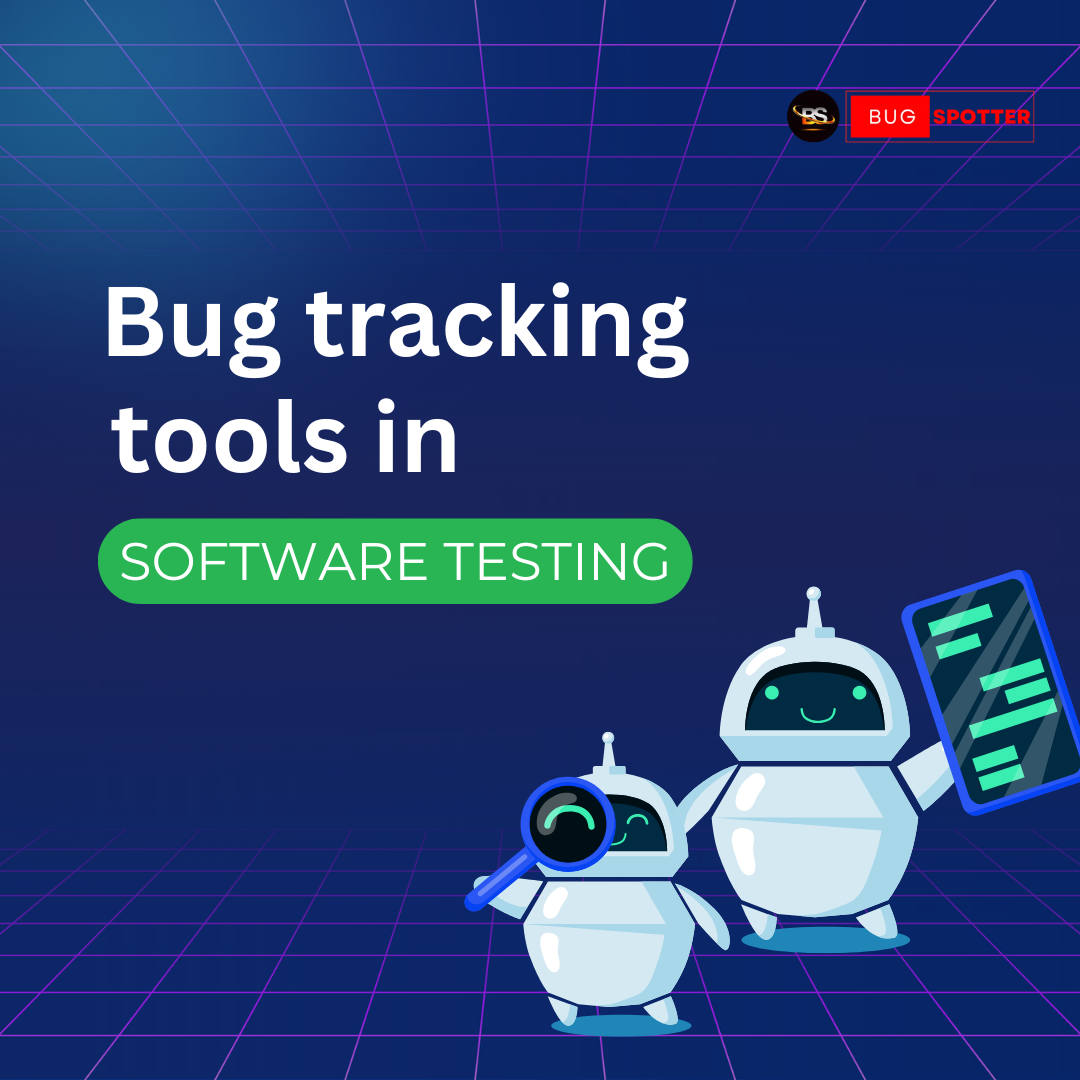

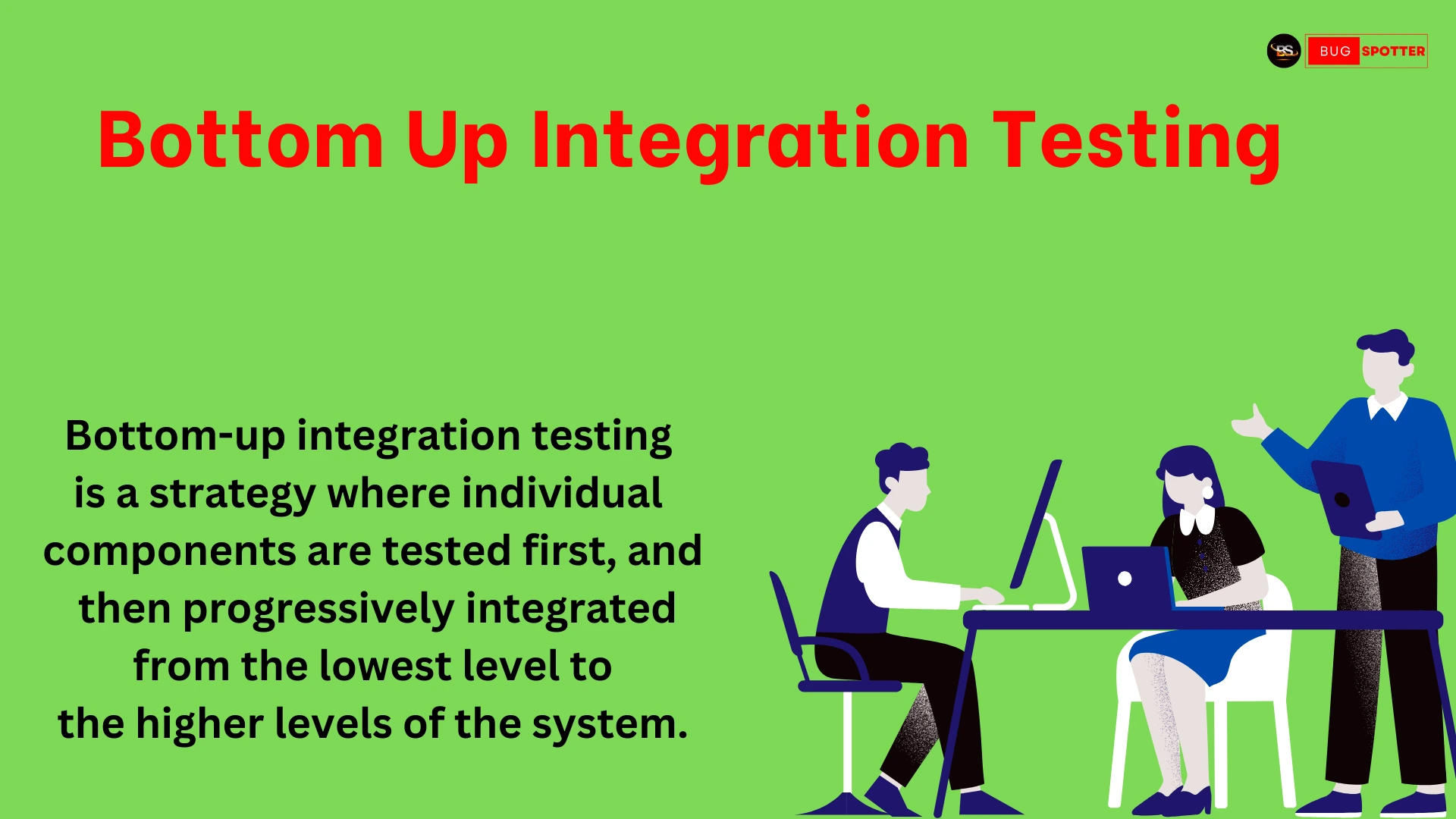
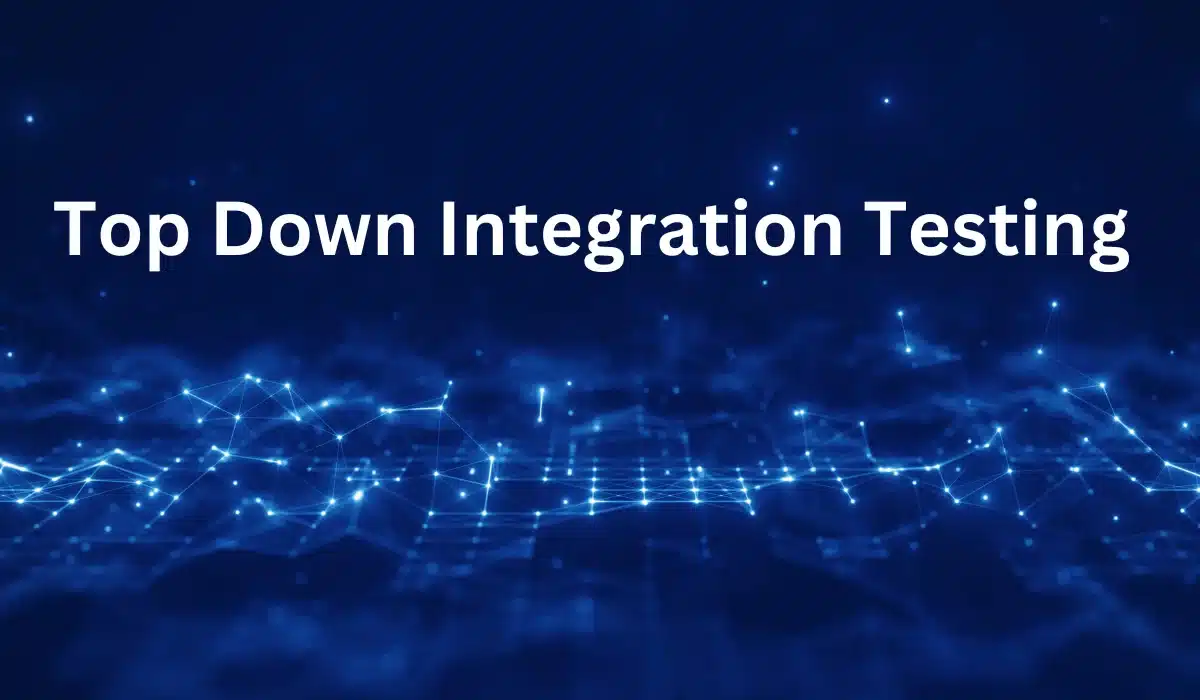
Categories
- Artificial Intelligence (5)
- Best IT Training Institute Pune (9)
- Cloud (2)
- Data Analyst (55)
- Data Analyst Pro (15)
- data engineer (18)
- Data Science (104)
- Data Science Pro (20)
- Data Science Questions (6)
- Digital Marketing (4)
- Full Stack Development (7)
- Hiring News (41)
- HR (3)
- Jobs (3)
- News (1)
- Placements (2)
- SAM (4)
- Software Testing (70)
- Software Testing Pro (8)
- Uncategorized (33)
- Update (33)
Tags
- Artificial Intelligence (5)
- Best IT Training Institute Pune (9)
- Cloud (2)
- Data Analyst (55)
- Data Analyst Pro (15)
- data engineer (18)
- Data Science (104)
- Data Science Pro (20)
- Data Science Questions (6)
- Digital Marketing (4)
- Full Stack Development (7)
- Hiring News (41)
- HR (3)
- Jobs (3)
- News (1)
- Placements (2)
- SAM (4)
- Software Testing (70)
- Software Testing Pro (8)
- Uncategorized (33)
- Update (33)



